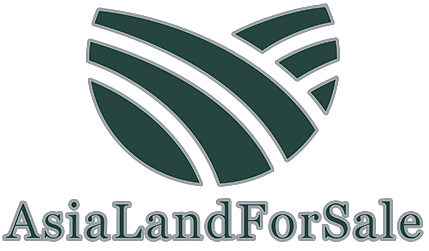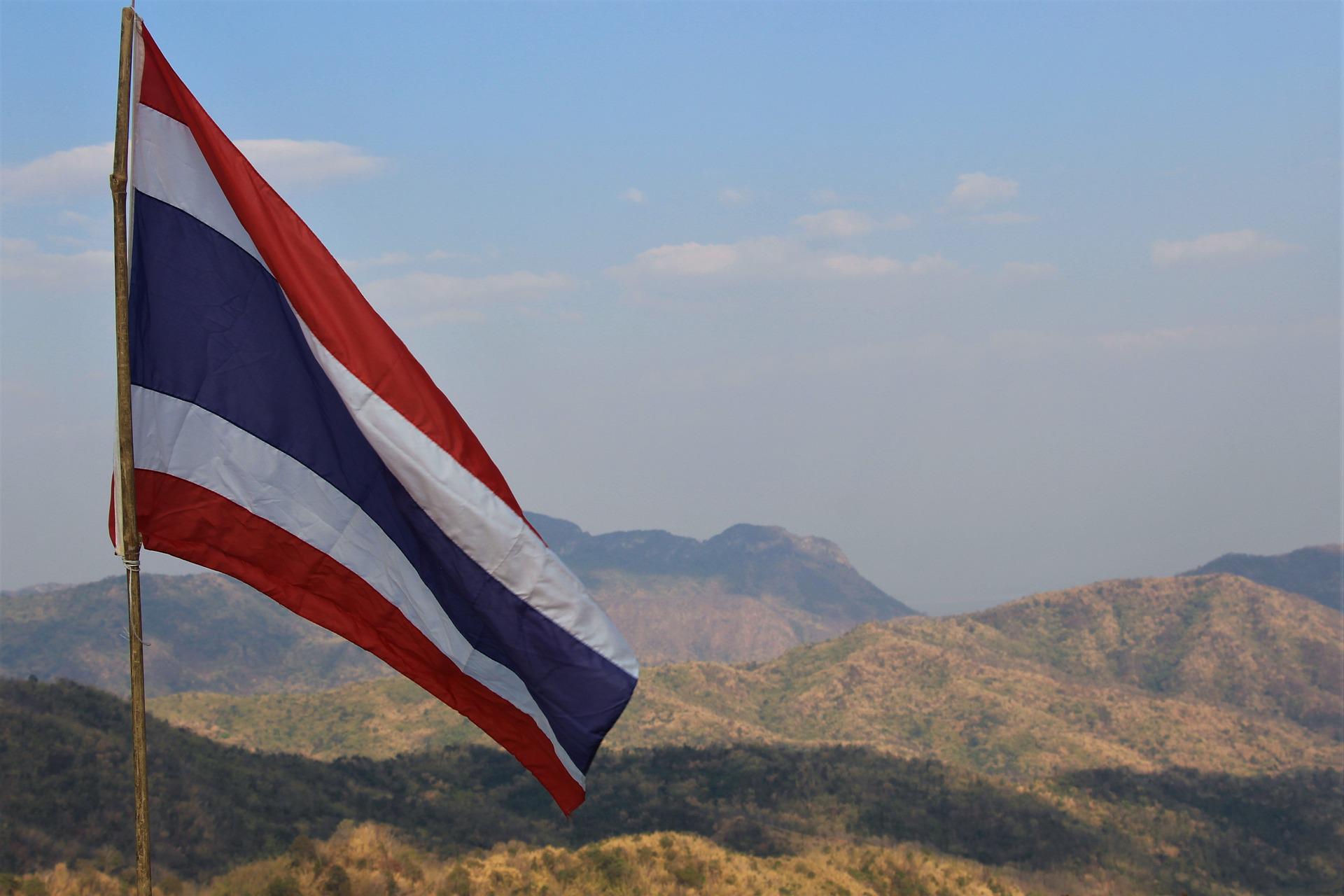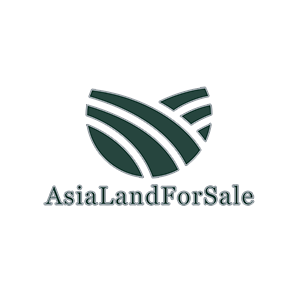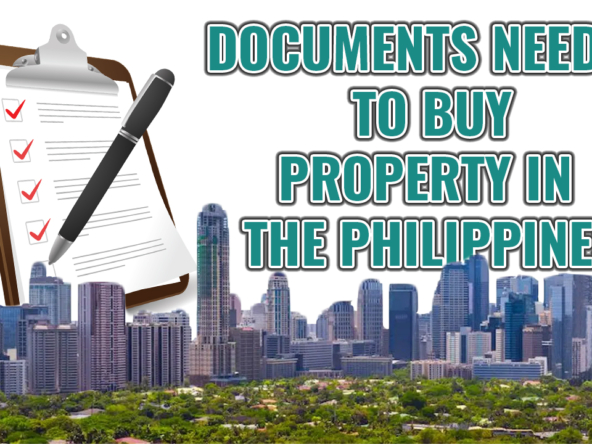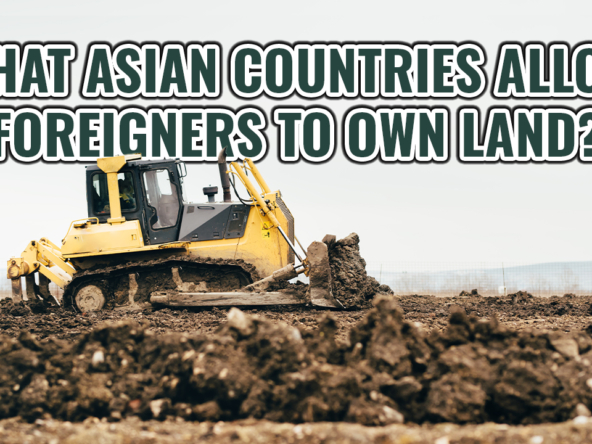The government recently approved a change to foreign business land ownership regulations in Thailand that grants overseas companies a raft of new rights. These are overseen by the Thailand Board of Investment who handle approval of all land purchases.
Firstly, foreign business land ownership regulations in Thailand state the company applying to own a plot must be BOI-approved and have a registered capital of at least THB50 million. Assuming those conditions are met, it can then hold land under three categories.
Foreign business land ownership regulations in Thailand categories
Office – Up to five rai can be bought to build a company office
Executive housing – Up to 10 rai can be acquired for executive or specialist housing
Employee housing – Up to 20 rai can be purchased to build employee housing
Importantly, the housing categories can be on land plots separate from the place of business or factory. That means an overseas company may own a factory in one area and then have its employee or executive housing somewhere else.
Related: Bangkok Authorities Look To Close Land Tax Loopholes
What the new foreign business land ownership regulations in Thailand do not permit is development into any for profit endeavor. Simply stated, the plot has to be used expressly under one of the approved categories. The BOI is slated to handle ownership applications on a case-by-case basis.
Finally, the new rules state that any firm must dispose of the land via sale or transfer once its BOI-approved status has expired.
While the new foreign business land ownership regulations in Thailand are a step in the right direction, especially for companies in the industrial sector, it fails to encourage larger investment opportunities. Those would include the development of large-scale office or residential projects that contain a mix of business and for profit usage.
Instead, foreign firms must go through the traditional Thai limited company ownership structure with a local partner holding at least 51 percent.
